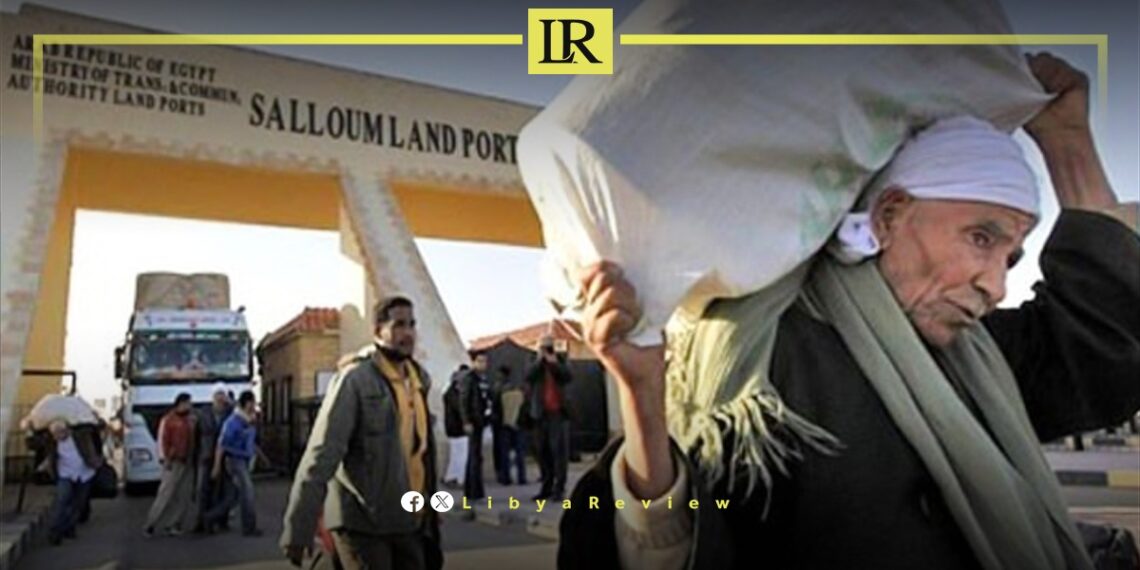Khalifa Al Mabrouk, head of the General Union of Textiles in Libya, commended the skill of Egyptian workers and their significant contribution to crafts and industries in Libya.
Al Mabrouk welcomed the return of Egyptian labour to Libya, estimating their number to be around 2.5 million workers. He affirmed that Egyptian workers possess scientific skills and expertise that contribute to the development of local industries.
Al Mabrouk emphasised the need for cooperation between governments and labour leadership to provide necessary support to workers, especially amidst challenges faced by Arab labour due to disruptions and wars. He also highlighted the necessity to overcome tensions that have negatively impacted labour in Libya and other Arab countries, emphasizing the need to reform production infrastructure.
He stressed the importance of rectifying the conditions of workers in Arab countries, particularly by focusing on all categories of workers and providing necessary support, with a specific focus on the role of women in the workforce.
Al Mabrouk expressed confidence in the Arab organization’s ability to to improve workers’ conditions and facilitate movement between Arab countries without complications.
Last week, the Vice-President of the Egyptian Workers’ Union, Magdy El-Badawy, revealed details of Libya’s plan to import two million workers from Egypt in 2024.
El-Badawy stated in a television interview that the Libyan decision is not impulsive, noting that after political stability in Libya two years ago, the country aimed to embark on reconstruction. Initially, the focus was on recruiting Egyptian workers due to their expertise in reconstruction.
He further emphasised that coordination had been established between Egyptian and Libyan officials, and an electronic linkage between the two countries had been established to facilitate the recruitment of Egyptian workers. The recruitment process would be conducted through government rather than individuals, and Egyptian companies would play a role in organizing and sending the workforce to Libya.
El-Badawy clarified that the purpose of the electronic linkage is to ensure that Egyptian authorities have access to all data concerning Egyptian workers in Libya. Additionally, each worker would be provided with life insurance and health coverage.
He added that the Egyptian government aims to ensure the full security and well-being of every Egyptian worker before their deployment. It is expected that the number of Egyptian workers in Libya will gradually increase, reaching three million.


